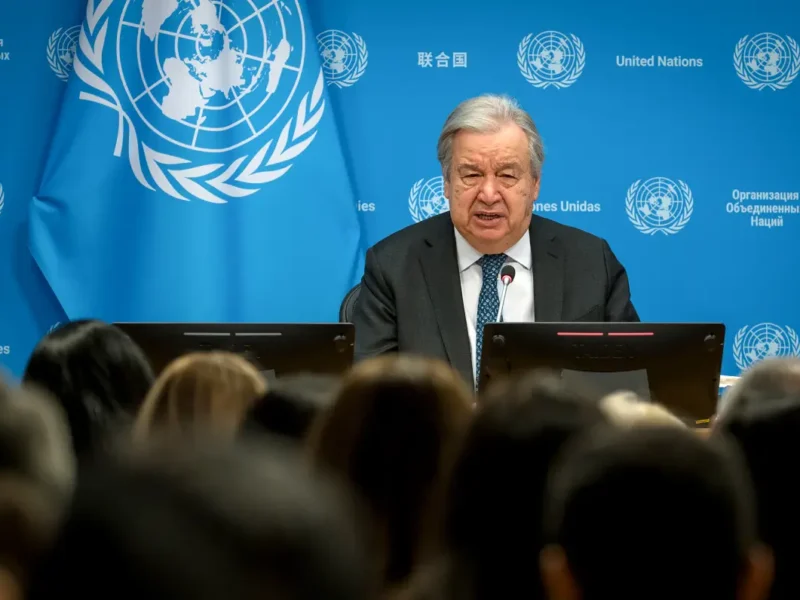
Rohit Varma Has A Film To “Humanize” Mangroves
NEW DELHI, (IANS) – While mangrove forests are depleting globally, and India does not have a different story, its importance here has not been highlighted enough.
To counter the same, wildlife filmmaker Rohit Varma is set to release his short film ‘The Last Frontier’ on July 26 – celebrated as the ‘International Day for the Conservation of the Mangrove Ecosystem’.
“All of us have witnessed cyclones and subsequent destruction in urban landscapes, especially in regions where mangroves have depleted,” he says, adding, “The forests make up the last barrier between the sea and land. Removing these barriers for construction activities will majorly impact people who stay close to the sea.”
The filmmaker, who approached veteran actor Shabana Azmi to lend her voice to the film and the mangroves, says the decision to humanize mangrove forests was a conscious call. “And to do so, we needed an impactful voice.”
Even as the number of documentaries made on the environment in the West outshines Indian productions, he says it would be unfair to say that Indian filmmakers are not focusing on environmental issues and that many films feature these issues in India too.
“I agree that not many mainstream films spotlight environmental issues. That is probably because they are committed to the commercial angle and the former kind of films will always garner a limited number of viewers,” Varma adds.
Born and raised in Balaghat, a small town bordering Kanha National Park in Madhya Pradesh, Rohit, taking his passion for wildlife and photography ahead, created ‘Nature in Focus’ – a media and production house that centers on natural world stories. Today, he is a cinematographer, director & producer, and a part of various projects including ‘Mysteries of Monsoon’, ‘Project Tiger’, ‘The Real Jungle Book’, ‘The Last Frontier’ and ‘Destination Wild India’.
Because a wildlife film requires extensive research, the team connected with scientists and researchers who further helped shape the narrative of this film.
While there has been an endless debate on development vs deforestation, the filmmaker believes it is important, but not at the cost of cutting down trees.
“A planned and well-researched development plan is what the earth needs and deserves. I am as much against development as I am for conscious, planned, and well-researched development,” he asserts.



